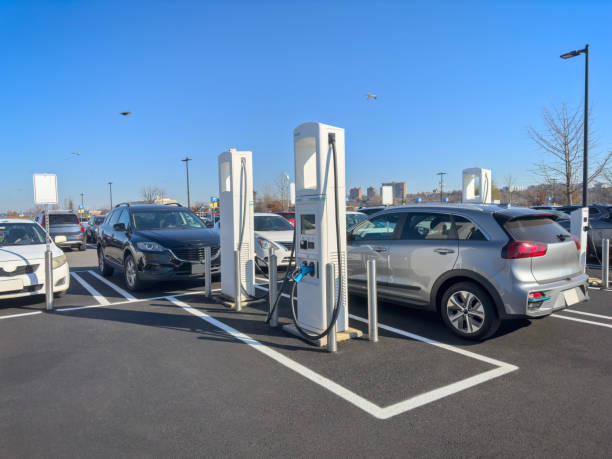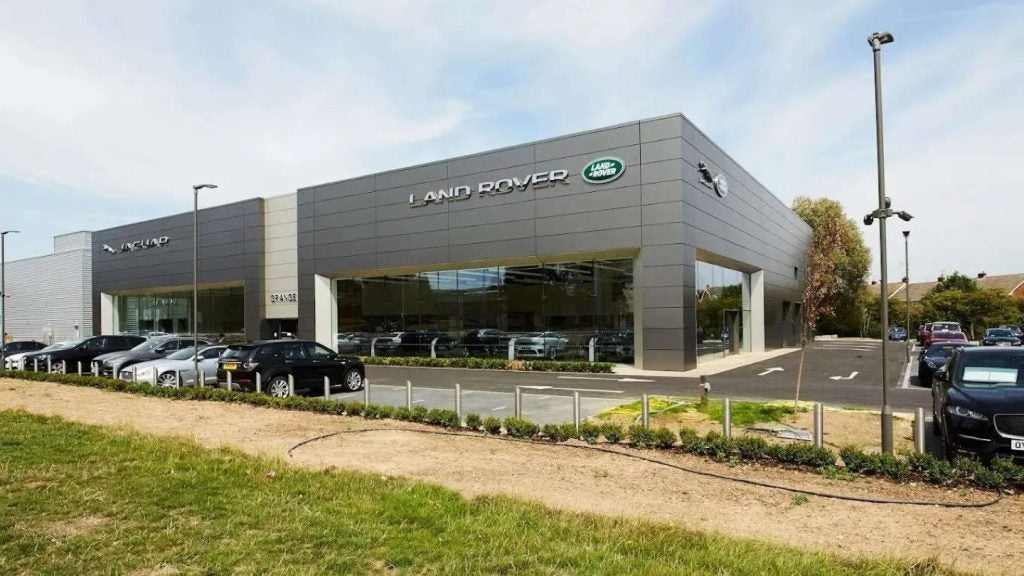
A new study by Tata Consultancy Services (TCS), a consultancy based in India, reveals that 64% of global consumers are likely or very likely to purchase an electric vehicle (EV) for their next car.
The TCS Future-Ready eMobility Study 2025 highlights both the opportunities and challenges shaping the future of sustainable mobility.
Key motivations for EV adoption include sustainability and lower operational costs, with 63% of influencers citing environmental benefits as their primary reason. However, 48% of EV influencers expressed concerns about the net environmental impact of EVs, and 10% believe EV adoption negatively affects the environment.
Key findings from the study
- Battery Technology Improvements: 90% of EV manufacturers and 84% of influencers said optimising battery range and charging speed would significantly enhance EV performance.
- Charging Infrastructure: 74% of manufacturers view the lack of charging infrastructure as the most significant barrier to market growth.
- Regional Trends: While 72% of US consumers are likely to consider an EV, only 31% of Japanese consumers expressed similar interest.
- Range Expectations: 41% of consumers identified a 200-300 mile range as acceptable, while 31% preferred 300-400 miles.
Anupam Singhal, President of manufacturing at TCS, emphasised the importance of overcoming these hurdles: “The electric vehicle industry is at a defining crossroad. Manufacturers face challenges like advancing battery technology, vehicle designs, and production costs. TCS’s Future-Ready Mobility vision leverages AI and generative AI to create scalable, sustainable solutions and accelerate global adoption of EVs.”
Commercial fleets remain a bright spot, with 53% of fleet operators prioritising lower operational costs and showing a willingness to invest more in EVs compared to internal combustion engine (ICE) vehicles.
Industry investment in EV technologies
The study also highlighted that 55% of manufacturers are actively investing in battery technology, while 78% are focused on reducing vehicle costs to meet consumer demand. The EV sector is also bracing for significant consolidation, with 72% of charging infrastructure providers anticipating mergers to address scaling and financial challenges.

US Tariffs are shifting - will you react or anticipate?
Don’t let policy changes catch you off guard. Stay proactive with real-time data and expert analysis.
By GlobalDataEarl Newsome, Global CIO at Cummins, added: “The future of mobility is electric, connected, and sustainable. TCS’s study provides valuable insights into the challenges and opportunities shaping this journey. Partnerships, innovation, and a commitment to decarbonisation are critical to ensuring a sustainable future of mobility.”







